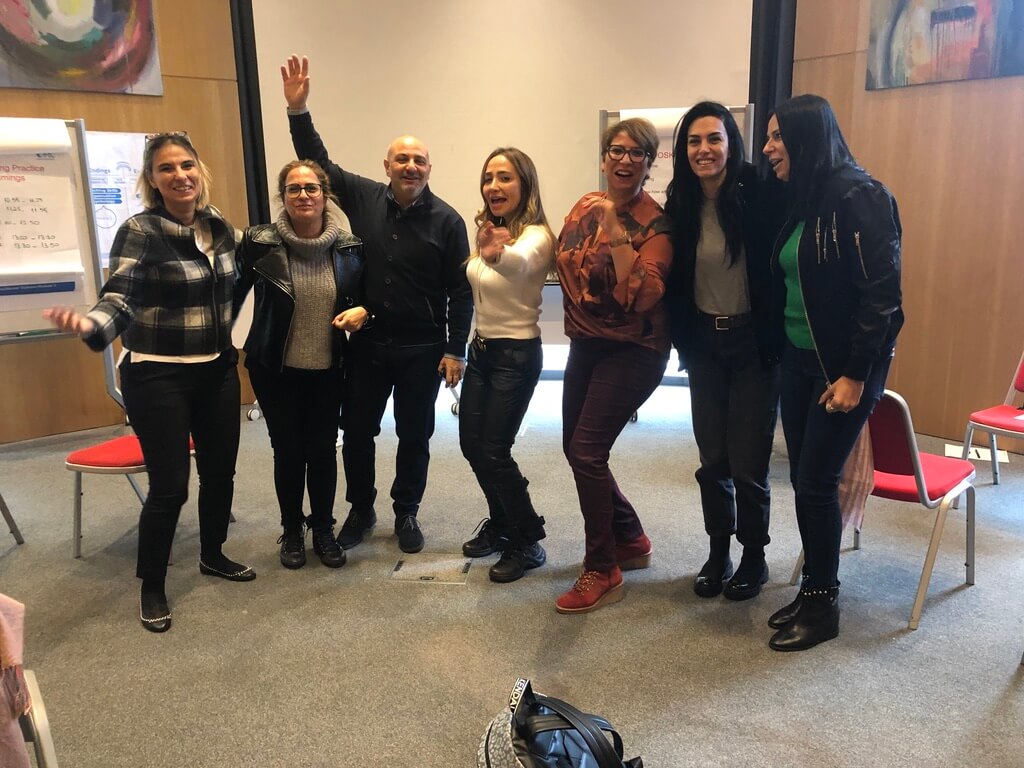It’s important to invest in the growth and development of your team. One way to do this is by having an internal pool of accredited and certified executive coaches.
In this article, we’ll explore seven business challenges that your internal pool of accredited and certified executive coaches can help solve in your organisation.
Let’s address the benefits of working with an accredited and certified executive coach.
1. You will be held accountable
An accredited and certified executive coach will hold you accountable for your goals. They will help you stay on track and make sure that you are making progress. This accountability can be extremely helpful in achieving your goals.
2. You will get an objective perspective
It can be difficult to see our blind spots, but an accredited and certified executive coach can help you to identify them. They will provide you with an objective perspective that can be invaluable in achieving your goals.
3. You will learn new skills
An accredited and certified executive coach can teach you new skills that can help you in your career. These skills can range from communication to time management. Learning these new skills can help you to be more successful in your career.
4. You will get feedback
Accredited and certified executive coaches will give you feedback on your performance. This feedback can be extremely helpful in improving your performance and achieving your goals.
5. You will have someone to support you
An accredited and certified executive coach will support you through the ups and downs of your career. They will be there to help you when you need it the most.
These coaches have undergone rigorous training and have met certain standards and requirements to earn their accreditation or certification. This ensures that they are qualified to provide high-quality coaching services to your team.
Now, let’s dive into how these coaches can help with challenges in your organisation.
1. Developing a leadership culture
Executive coaching can help leaders understand their leadership style and how it impacts their team and the organisation.
For example, a leader who is unaware of their tendency to micromanage may not realize the negative impact it has on their team’s morale and autonomy. A coach can help this leader understand the impact of their behavior and suggest alternative approaches that are more supportive and empowering.
This can ultimately help the leader build a positive and supportive leadership culture within the organisation.
2. Enhancing employee productivity
Coaching can help employees identify and overcome barriers to productivity, such as poor time management or a lack of focus.
For example, a coach may work with an employee to develop a customized time management plan that helps them prioritize tasks and make better use of their time. This can lead to increased productivity and effectiveness in the workplace.
3. Creating a coaching-led organisation
Coaches can help establish a coaching-led culture within the organisation, where employees are encouraged to seek out coaching support when needed. This can create a supportive and growth-oriented culture where employees feel valued and supported in their development.
For example, an organisation may offer coaching as a professional development benefit to all employees, or provide coaching sessions as part of a leadership development program.
4. Maximizing talent potential
Coaching can help employees reach their full potential and achieve career growth by helping them identify their strengths and areas for development, set and achieve career goals, and develop new skills and competencies.
For example, an employee who is interested in taking on more leadership responsibilities may work with a coach to develop their leadership skills and create a plan for career advancement.
5. Achieving growth objectives
Coaching can help leaders and teams align and execute business goals, which can drive organisational growth and success.
For example, a coach may work with a team to develop a clear set of goals and objectives, identify any roadblocks or challenges, and create a plan for achieving those goals. This can help the team stay focused, and motivated and ultimately contribute to the overall growth and success of the organisation.
6. Responding to change
Change is a constant in the business world, and it’s important for leaders and employees to adapt and embrace it. Coaching can support them in navigating and embracing change by helping them develop the skills and mindset needed to adapt to new situations and challenges.
For example, a coach may work with a leader to help them develop their resilience and agility in the face of change, and support them in leading their team through change.
7. Managing stress in the workplace
Stress can have a negative impact on employee well-being and productivity. Coaching can help employees manage stress and maintain a healthy work-life balance by helping them identify the sources of stress in their work and personal life, develop coping strategies, and create a plan for managing their workload and time.
For example, a coach may work with an employee to develop a plan for setting boundaries and prioritizing self-care, which can help them better manage stress and maintain a healthy work-life balance.
By focusing on employee productivity and creating a coaching-led organisation, your team can help your employees achieve their full potential and drive growth for the company. Additionally, with the ability to respond to change, manage stress in the workplace, and maximise talent potential, your team of executive coaches can help you achieve all of your business objectives.
So if you’re looking to enhance employee engagement, increase efficiency, or take your company to the next level, look no further than your own internal pool of accredited and certified executive coaches.







